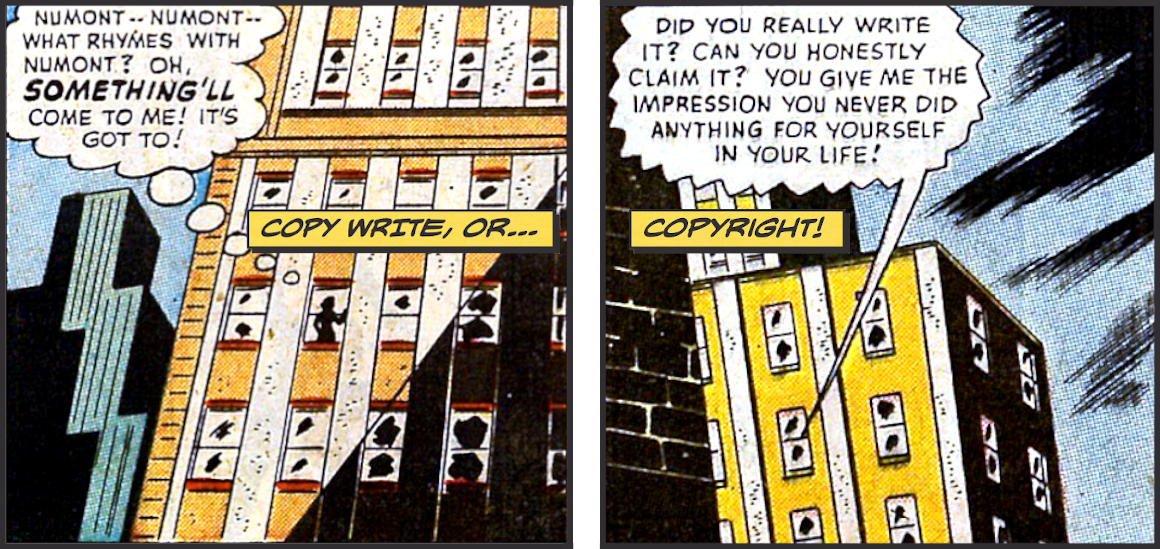There are certain words and phrases I find myself using every day that I wish I didn’t have to. ‘Thought leadership’ is one. ‘Community’ is another. Even ‘social media’ sticks in my throat it has become so overladen with misinterpretation, expectation and confusion.

